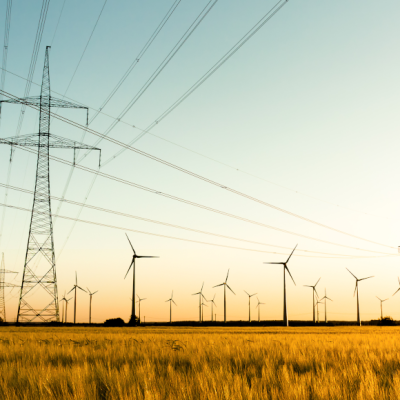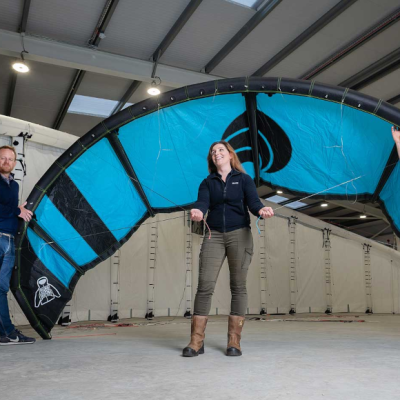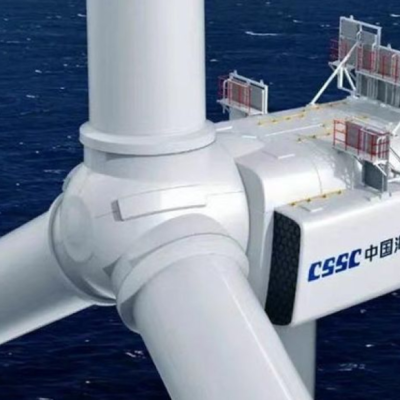Germany’s low-voltage power grids are not currently equipped to handle the increasing demand for electricity. As a result, the Federal Network Agency (BNetzA) has allowed network operators to restrict the power supply to charging stations and heat pumps. The BNetzA has introduced a new regulation for network-oriented control in the Energy Industry Act (EnWG) in June 2023, which addresses this issue. According to the BNetzA, the rising number of electric cars and heat pumps will significantly increase the demand for electricity in the coming years. However, most of the low-voltage power grids are not designed to handle this load.
The BNetzA has announced that network operators can limit the power supply to charging stations and heat pumps in the future if there is a risk of overloading the power grid. However, customers must have access to a minimum power supply in all cases. During periods of overload, distribution network operators are allowed to reduce the power supply to up to 4.2 kilowatts. This allows heat pumps to continue to operate and electric cars to be charged within two hours for a distance of about 50 kilometers. The BNetzA has made it clear that this measure does not affect regular household electricity. In return for controlling their devices, households receive a discount, either an annual flat rate on network charges or a 60% reduction in the electricity rate for the affected devices.
The BNetzA expects that network operators will only need to intervene in rare exceptional cases. According to the BNetzA, complete shutdowns of controllable consumption devices are no longer permitted. Additionally, network operators are required to publish such control interventions on common internet platforms. This promotes transparency and allows the public to understand and recognize overload problems in individual network areas and when a network operator needs to improve their network. These new regulations will come into effect in January 2024. Existing systems that already have an agreement with the network operator have long-term transitional arrangements. Systems that do not have such an agreement are permanently exempt from the new rules but can participate on a voluntary basis.










